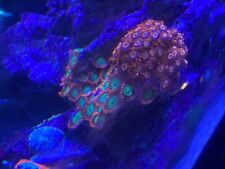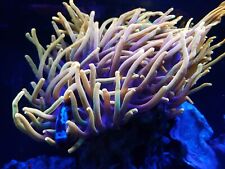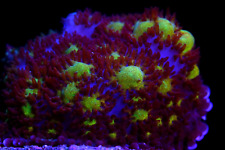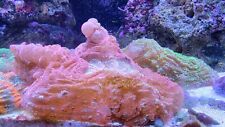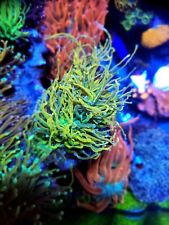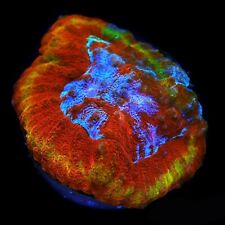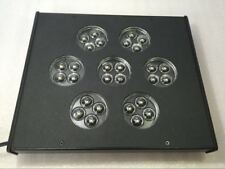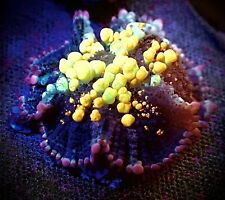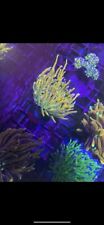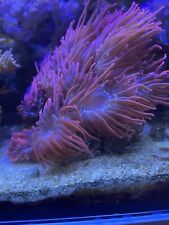Hand-Rearing Kittens: Diarrhea, Gastro-Enteritis and Enteritis

Milder cases of diarrhea are serious, but can often be corrected by the hand-rearer (if it persists, seek veterinary help immediately). It may be caused by overfeeding, milk replacer too concentrated, inappropriate diet, digestive intolerance/abnormality, viral or bacterial infections. Kitten feces normally has the consistency of toothpaste and be yellow-brown in color. Loose, yellow diarrhea is a sign of over-feeding or feeding a too rich milk mixture. White diarrhea indicates an intolerance to the milk formula. Foul smelling diarrhea is a sign of E coli infection. As well as fluid loss, diarrhea can cause a bowel irritation which aggravates itself. The bowel must be allowed to rest. Frothy vomit is associated with Feline Infectious Enteritis.
Swift treatment is essential as dehydration, collapse and death can then happen very rapidly. If kittens become collapsed and dehydrated they need immediate veterinary attention if they are to survive. Kittens in a collapsed state become chilled very rapidly. They will usually be given subcutaneous fluids by the veterinary surgeon.
Treat mild cases by diluting the milk 1:1 with boiled cooled water, which should be given until the diarrhea stops. Severe cases should not be given milk, but given 5-10% glucose, glucose-saline, or isotonic electrolyte solution (e.g. "Lectade"), all of which can be obtained from a veterinary surgeon. These solutions should be given until the diarrhea stops. Afterwards introduce milk diluted 1:1 with water, gradually returning to full strength milk 12-24 hours later.
If the condition has not improved after 12 hours, seek veterinary advice. If the condition stops when electrolytes are fed, but recurs after returning to milk the problem lies with the formula used. A further period of electrolytes is needed to settle the gut, after which a different formula must be used. If you suspect that the kitten cannot digest one particular milk formula, seek an alternative (with veterinary advice) and introduce this after electrolytes instead of the original formula. If the cause was too rich milk, feed a more dilute mixture. Note: some kittens are less tolerant of lactose than others.
Feline Infectious Enteritis is a major killer of feral and stray kittens and a hazard in cat rescue/shelter situations. Care must be taken to avoid cross-infection.

